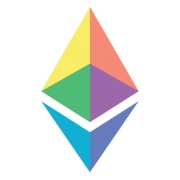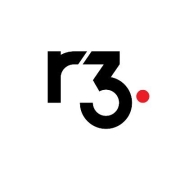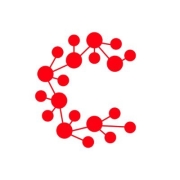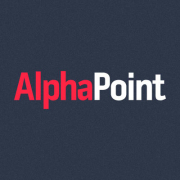Enterprise Blockchains offer secure, scalable, and efficient solutions for businesses seeking to enhance transaction processing, transparency, and data integrity within their operations.
The top 5 Enterprise Blockchain solutions are Ethereum, Hyperledger Fabric, Corda, Casper and AlphaPoint Platform, as ranked by PeerSpot users in March 2025. Ethereum received the highest rating of 0.0 among the leaders and holds the largest mind share of 42.9%. Hyperledger Fabric is the most popular solution in terms of searches by peers.
Enterprise Blockchains facilitate a shared, immutable ledger accessible by multiple parties, streamlining processes and enhancing trust in business networks. They leverage cryptographic algorithms to ensure security and provide functionality that supports decentralized applications across industries such as finance, supply chain, and healthcare.
What critical features define Enterprise Blockchain solutions?In industries like finance, Enterprise Blockchains enable real-time settlement of cross-border payments, reducing costs and increasing speed. In supply chain management, blockchain enhances product traceability from origin to destination, ensuring authenticity. Healthcare uses these solutions for secure patient data sharing, improving service coordination.
Enterprise Blockchains are crucial for organizations pursuing digital transformation, delivering secure and transparent transactional capabilities that drive operational efficiency and industry innovation.





Enterprise Blockchains can dramatically improve supply chain transparency by providing a decentralized, immutable ledger that tracks goods from production to delivery. You gain real-time visibility into each step of the supply chain, enabling quick identification of inefficiencies and potential issues. This transparency builds trust among partners and helps ensure compliance with regulatory standards.
What are the security benefits of using Enterprise Blockchains?Enterprise Blockchains offer enhanced security through cryptographic techniques that protect transaction data. You benefit from a secure, tamper-proof environment that reduces the risk of fraud and data breaches. By implementing permissioned blockchains, access can be restricted to authorized participants, ensuring that sensitive information remains confidential.
How do Enterprise Blockchains facilitate regulatory compliance?Implementing Enterprise Blockchains can streamline regulatory compliance by providing a comprehensive and accurate audit trail. You can automate reporting processes, ensuring that records are maintained accurately and transparently. This capability allows for easier and more effective compliance with industry regulations and government mandates.
What role do smart contracts play in Enterprise Blockchain applications?Smart contracts in Enterprise Blockchain automate business processes by executing predefined actions when specific conditions are met. You benefit from increased efficiency and reduced operational costs as smart contracts eliminate intermediaries and ensure the integrity of transactions. These programmable contracts provide reliability, transparency, and enforceability in various commercial settings.
How can Enterprise Blockchains improve transactional efficiency?Enterprise Blockchains promote transactional efficiency by offering a faster, more streamlined process for verifying and settling transactions. The decentralized network reduces the need for intermediaries, allowing you to achieve quicker transaction confirmations. This reduction in time and cost enhances overall business operations, making processes more agile and responsive to market demands.